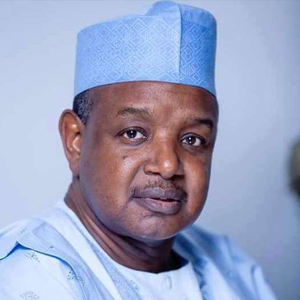The Federal Government of Nigeria is set to spend N7.76 trillion on salaries, non-debt recurrent costs, and other expenditures in 2023. This includes the recently agreed-upon wage with the Labour Congress, salaries for federal workers, and additional non-debt recurrent costs. The allocation is based on data from the initial 2023 budget and the recently signed 2023 supplementary budget, which includes new expenses due to the removal of fuel subsidy.
The Minister of Budget and Economic Planning, Abubakar Bagudu, highlighted key allocations from the budget, with N605 billion earmarked for national defense and security to sustain gains made in the sector. Another N300 billion is allocated for the repair of bridges, including Eko and Third Mainland bridges, as well as road construction, rehabilitation, and maintenance nationwide before the rainy season. Additionally, N210 billion is set aside for the payment of wage awards, covering September to December 2023 for about 1.5 million federal government employees.
The budget details indicate that N1.01 trillion is allocated for recurrent expenditure, while N1.17 trillion is designated for capital expenditure. The supplementary budget increases the total non-debt recurrent expenditure to N7.76 trillion and capital expenditure to N4.53 trillion. With this, the total budget for 2023 is raised to N19.81 trillion, reaching N13.26 trillion when debt servicing is excluded.
The recurrent expenditure budget of N7.76 trillion will allocate at least N4.31 trillion (55.54%) for salaries. The government has already spent N978.10 billion on salaries in the first three months of 2023. The overall expenditure includes N1.24 trillion on non-debt recurrent costs and N175.45 billion on capital expenditure.
Despite these budgetary allocations, the Federal Government is facing challenges with dwindling revenues. The Accountant General of the Federation, Mrs. Oluwatoyin Madein, highlighted the need to continuously work on revenue generation strategies to address the expenditure demands, given the economic reality of rising prices and falling revenues. Nigeria’s revenue crisis is attributed to falling oil production and the challenges of economic diversification.











